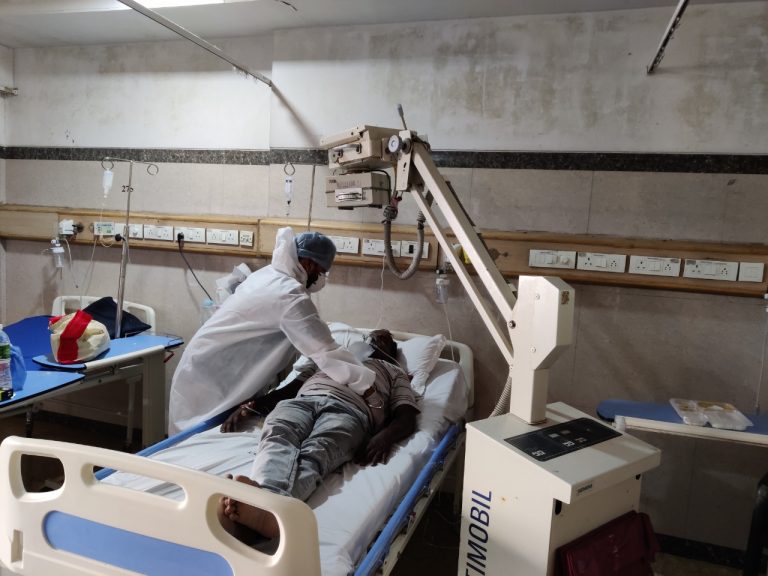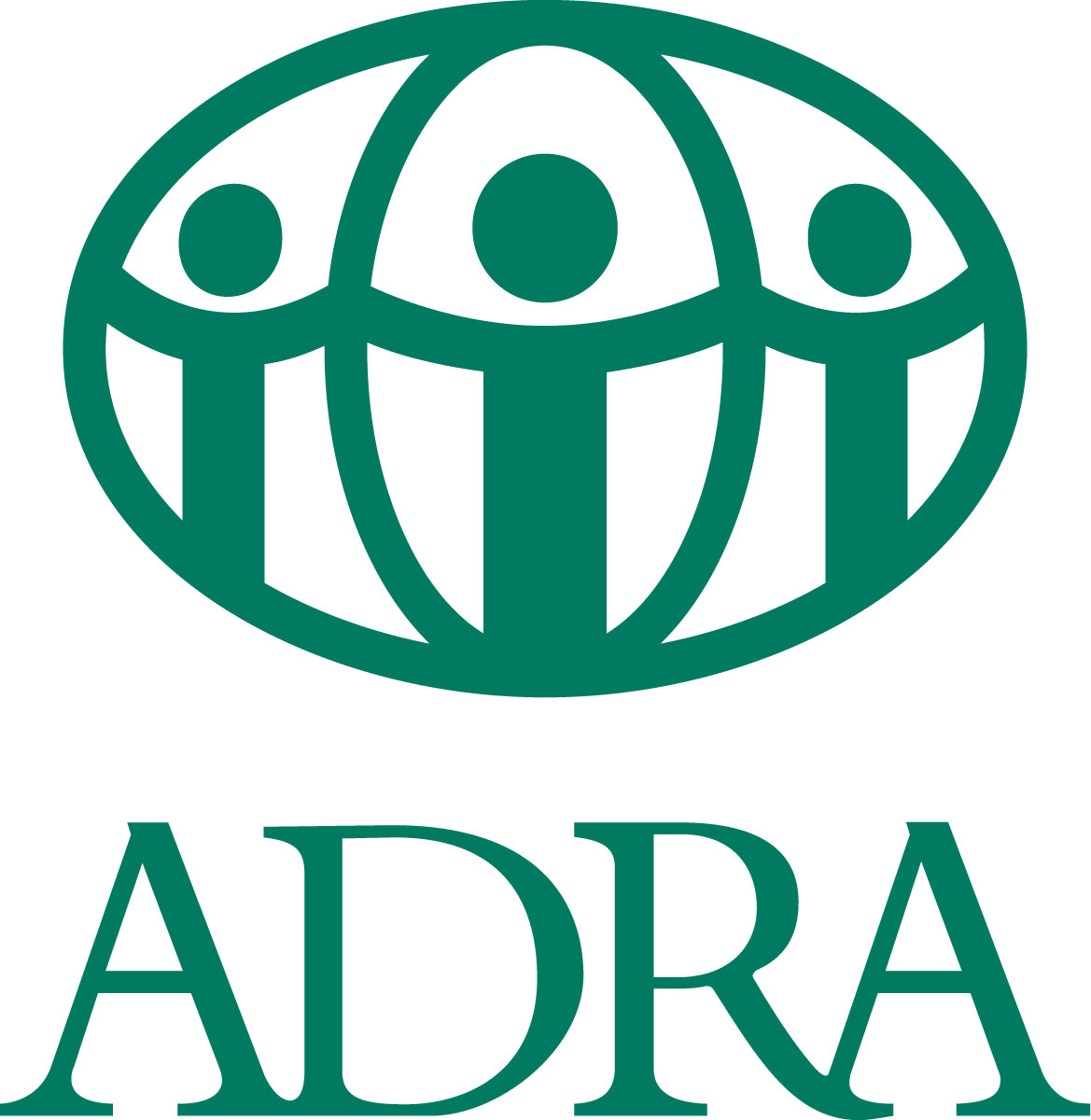Emergency Response
Relief when it's needed most
Humanitarian response is at the core of ADRA’s work. When crisis strikes, urgent resources are ready, and often prepositioned, to reach areas in need as quickly as possible through ADRA’s global network and partners. Funds, materials, and personnel are coordinated through ADRA’s country offices nearest to the disaster so plans can be put into action immediately and appropriate relief supplies reach the areas hardest hit.
India is a regional disaster hotspot, frequented by cyclones, flooding, mudslides, earthquakes, and fires. ADRA India is the first to reach the hardest hit areas during disasters. With the generous support of the government of Hong Kong, Danish International Development Agency and the European Commission, ADRA in 2020 responded to the crises that hit India the worst – the COVID-19 pandemic, the Assam floods and the Cyclone Amphan in West Bengal.
What we do
ADRA India has a strong capacity to implement disaster preparedness and response operations. Below are some of the ways we implement our DRR programmes:
How we do it?
- Partnering with Inter-Agency Group, Sphere India and other INGOs to conduct joint needs assessments and respond rapidly using the National Emergency Management Plan pre-approved mechanisms.
- Providing immediate relief through distribution of food and non-food items, unconditional and conditional cash transfers, emergency water, sanitation and hygiene, and temporary shelters.
- In coordination with the local administration, organising disaster risk reduction and preparedness trainings to educate families of risks and vulnerabilities and to mitigate the impact of future natural and human-induced disasters
2025 Emergency Responses
2024 Emergency Responses
Himachal Pradesh Flood Recovery & Livelihood Restoration
2023 Emergency Responses
Cyclone Michaung
Cyclone Biparjoy
Cyclone Biparjoy
2021 Emergency Responses
Cyclone YAAS
The tropical cyclone hit the states of Odisha and West Bengal on May 26, affecting millions of people and displacing thousands. This has impacted the country at a time when India is already struggling with the deadly second wave of COVID-19 outbreak. ADRA India has accessed the situation and is responding to the needs of the affected people in South 24 Parganas District, West Bengal. ADRA is reaching out to nearly 2000 households with food and shelter kits to equip them with basic material to have a dignified living space and protect themselves from COVID-19 and harsh weather conditions.
2020 Emergency Responses
Cyclone Amphan
With support from The Government of the Hong Kong Special Administrative Region’s Disaster Relief Fund (HKDRF), ADRA India responded to the humanitarian needs of the households most affected by Cyclone Amphan in South 24 Parganas, West Bengal. ADRA reached out to 3630 households with Household & Shelter Kit, and Hygiene Kits as soon as disaster struck, to meet their most basic household and health needs until livelihoods were re-established.
COVID-19 Response
ADRA India was supported by Danish International Development Agency to address the immediate needs of the people most impacted by the COVID-19 lockdown in India. A total of 226815 vulnerable people including returnee migrants and excluded households, who remained outside the coverage of government humanitarian intervention across targeted districts in Uttar Pradesh and West Bengal were supported through the intervention. Additionally, special attention was provided for identifying and addressing the specific needs of the cyclone Amphan affected people in the context of COVID-19 in West Bengal. The village Quarantine centres (where migrant workers had taken shelter immediately after the mass exodus from cities) were identified and need based actions were taken to prevent the spread of COVID-19 across the general population. Through the programme, ADRA India provided multi-purpose cash transfers to those in need to meet their basic needs. In all, 1363 households were extended support through Unconditional Cash Transfers (UCT).
ADRA also undertook Risk Communication and Community Engagement Readiness (RCCE) in the target locations. RCCE is integral to the success of public health response during a health emergency. ADRA, with its experience on RCCE, supported the Government to spread awareness, especially amongst the migrant community, during the COVID-19 pandemic. Community leaders and influencers were trained to spread the correct messages on the virus and mitigate rumour and fear in the community.
Assam Floods
The massive flooding in Assam state in India affected more than 7 million people across 26 districts with 133 reported deaths. The annual floods made the most vulnerable communities homeless, food insecure and exposed to higher health risks due to unsafe drinking water, poor hygiene & sanitation practices. The impact was elevated as people were already suffering from the challenges brought on by COVID-19 such as loss of livelihood.
ADRA India and OXFAM formed a consortium to integrate complementary technical skills to support hard to reach vulnerable population with most required emergency support through humanitarian food assistance, WASH & shelter relief in three targeted districts. Project reached 82,295 people with food assistance through cash intervention, conditional cash transfer for shelter repairing, access to safe drinking water through water points rehabilitation, and hygiene kit distribution and blended public health promotion activities to reduce exposure to COVID-19 risks.
NEWS & Case Studies

What’s Next in a Crisis that’s Far from Over?”
The first week of May has brought no relief to India, where surging cases of COVID-19 continue to dismantle the healthcare system. Since the start of the new month, nearly 400,000 people are getting sick with the virus every single day.

ADRA to Mount COVID-19 Response in India; to Set-up Oxygen Generation Plants
India is struggling with an unprecedented lethal second outbreak of COVID-19. With over 350,000 new cases every day and the total death toll crossing 254,000

